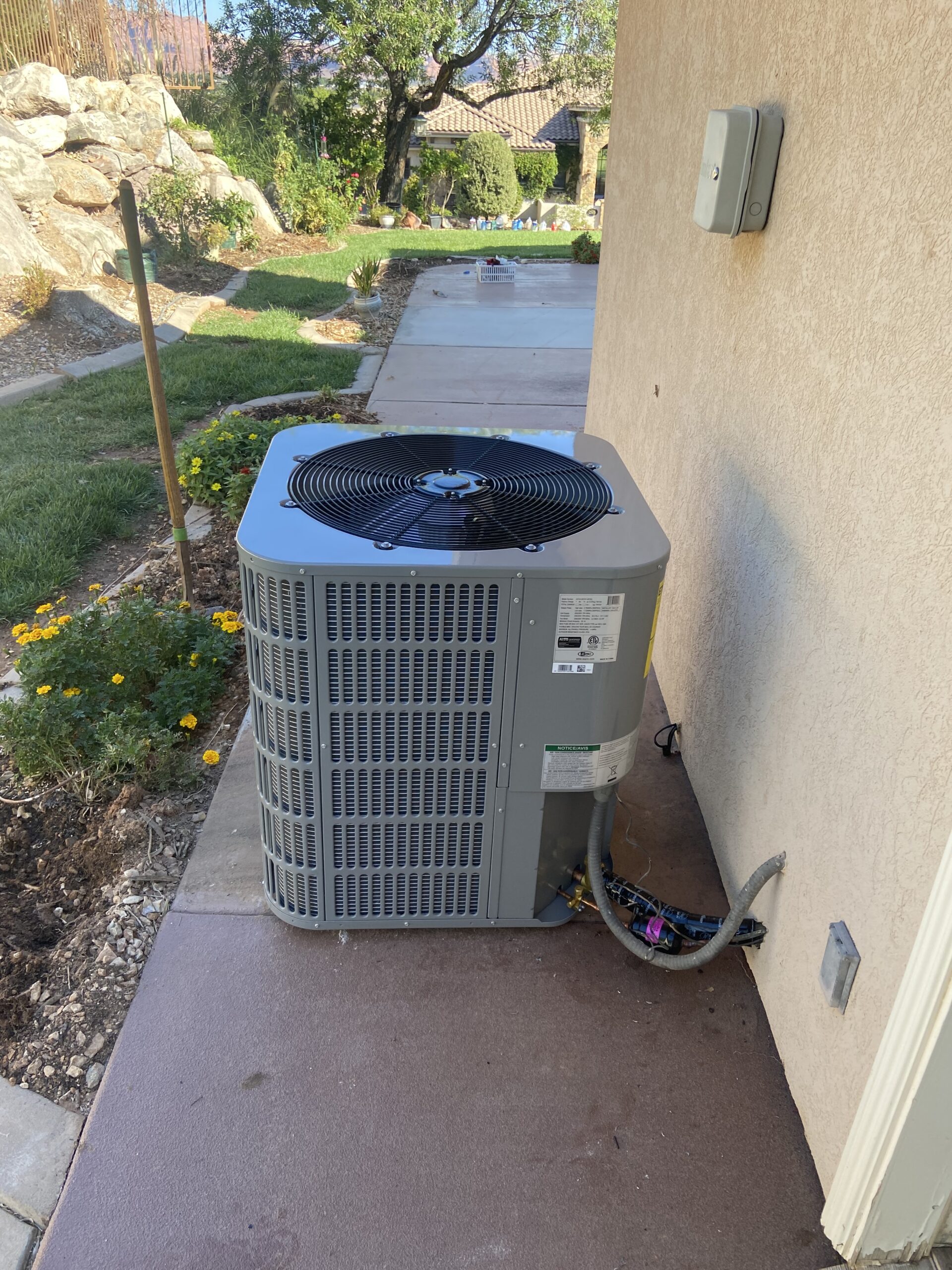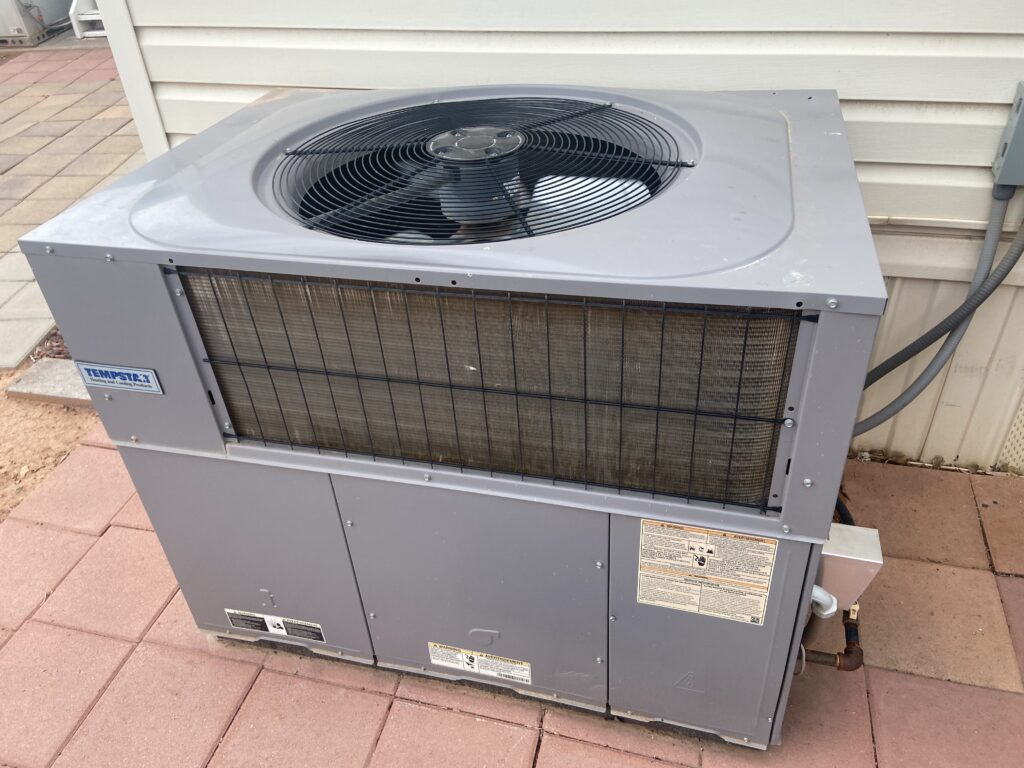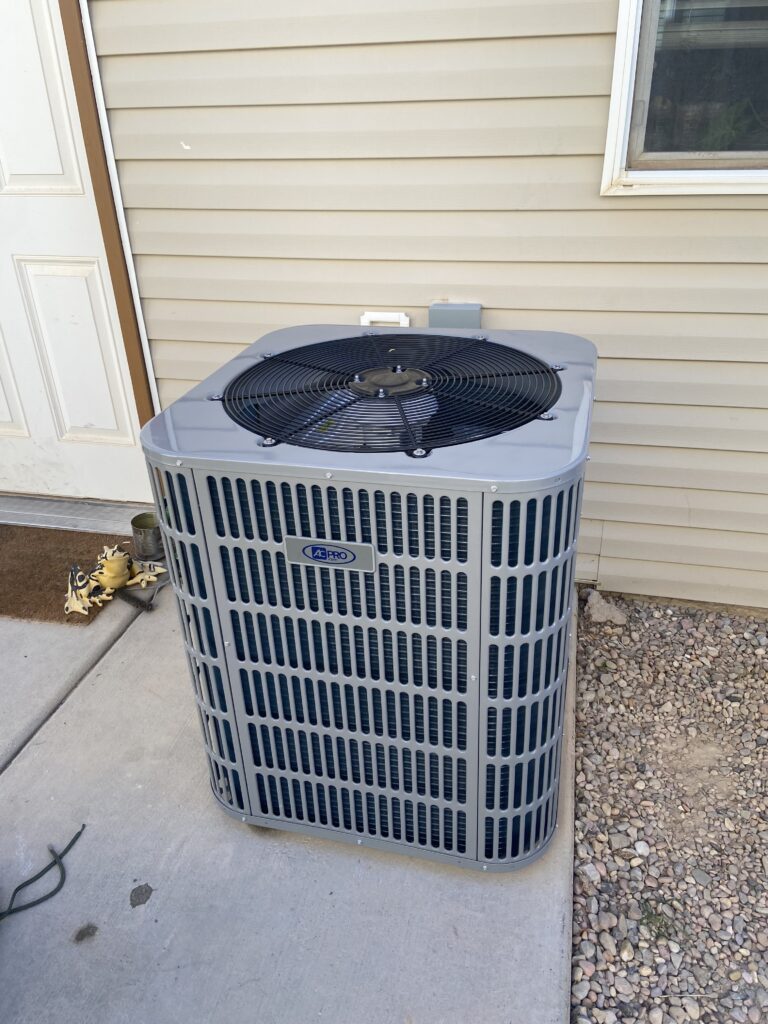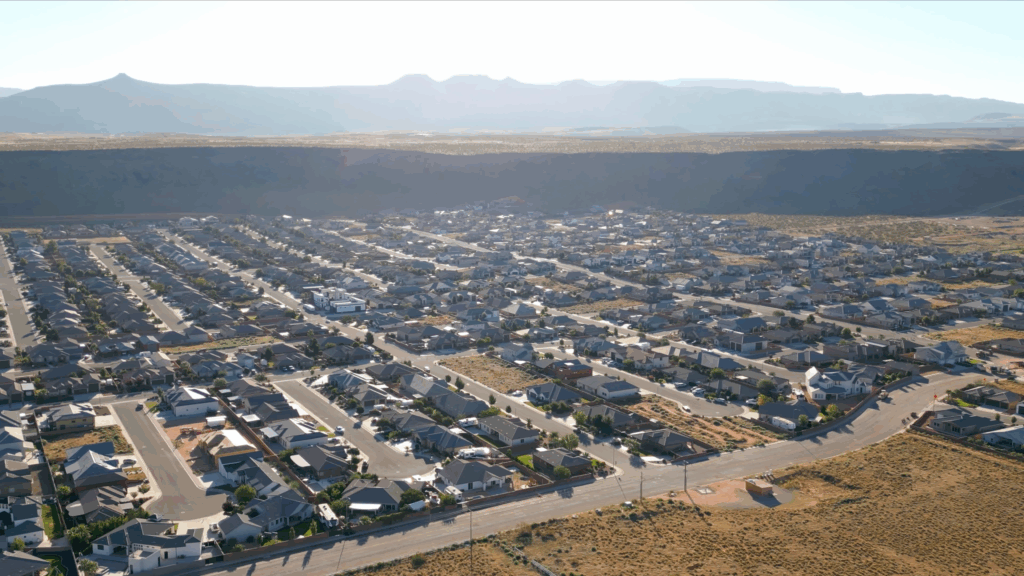Heat Pump vs. Central AC: The Right Choice for You

When it comes time to invest in a new cooling system for your home, the decision-making process can seem complex. In a climate like ours in Southern Utah, where a powerful and reliable air conditioner is an absolute necessity for surviving the intense summer heat, choosing the right equipment is a critical long-term investment. For many homeowners, the primary decision comes down to two excellent and popular technologies: a traditional central air conditioner, typically paired with a separate furnace, and a modern, all-in-one electric heat pump. Both systems are designed to keep you cool and comfortable, but they operate on different principles and offer a unique set of benefits.
Understanding the key differences between these two systems is essential for making an informed choice that is perfectly suited to your home, your budget, and your family’s year-round comfort goals. The right system will not only provide relief during our scorching summers but will also offer efficient performance and lasting value for years to come. At Heatwave Solutions, we believe in empowering our customers with clear, honest information. This guide will provide a detailed comparison of central air conditioners and heat pumps to help you navigate this important decision with confidence.
The Traditional Setup
The central air conditioner is the traditional and most familiar cooling solution for homes in our area. It is a dedicated cooling appliance that works as a “split system,” meaning it has two main components. An outdoor condenser unit, which is the large metal box you see next to your house, is responsible for releasing heat into the atmosphere. An indoor evaporator coil, which is typically located inside your home in the same cabinet as your furnace, is responsible for absorbing heat from your indoor air. When the system is running, a blower motor pushes the cooled air through a network of ducts to every room in your home.

Because a central air conditioner is designed only for cooling, it must be paired with a separate heating system for the winter months. In most cases, this is a gas or electric furnace. The two systems share the same blower and the same ductwork to provide year-round comfort. This traditional setup is a time-tested and incredibly effective solution. One of its primary advantages is its powerful, dedicated heating performance. A gas furnace, in particular, can produce a very high level of heat, which is a significant benefit during the coldest nights of a Hurricane winter. For homeowners who already have a newer, reliable furnace in place and only need to replace an old air conditioner, upgrading just the AC unit can be a very cost-effective choice.
The All-in-One Innovator
A modern electric heat pump is a sophisticated and highly efficient all-in-one system that provides both heating and cooling for your home. It is important to understand that a heat pump does not create heat by burning a fuel; it works by intelligently moving heat from one place to another. During the summer, it functions exactly like a standard, high-efficiency air conditioner. It uses a refrigeration cycle to absorb the heat and humidity from inside your home and transfer that thermal energy to the outdoors, leaving your indoor air cool and comfortable.
The true innovation of a heat pump becomes apparent in the winter. A component called the reversing valve changes the direction of the refrigerant flow. Now, the system begins to absorb the ambient heat that is naturally present in the outdoor air, even on a cold day. It then concentrates this heat and transfers it inside your home to warm your living spaces. The key to its efficiency is that the process of moving existing heat requires far less electrical energy than creating new heat through electric resistance, which is how a standard electric furnace works. This is the fundamental principle that allows a heat pump to deliver significant energy savings.

The primary advantages of a heat pump are its remarkable year-round energy efficiency and the convenience of having a single piece of equipment that handles all of your comfort needs. However, it is crucial to understand that as the outdoor temperature drops significantly below freezing, a standard heat pump’s ability to efficiently extract heat from the air diminishes. For this reason, heat pumps installed in our region must always be paired with a supplementary heat source, often called auxiliary heat, which is a set of electric resistance coils that automatically turn on to assist the heat pump on the coldest days.
Head-to-Head in Comparison
When you compare these two excellent technologies, the best choice for a Hurricane homeowner often depends on their specific priorities and home setup. In terms of pure summer cooling performance, a modern high-efficiency heat pump and a high-efficiency central air conditioner are virtually identical. Both are rated with a SEER2 (Seasonal Energy Efficiency Ratio 2) rating, and both are more than capable of handling the demands of our intense, dry summer heat.
The most significant differences arise during the winter heating season. A traditional gas furnace will provide a more powerful and hotter feeling heat, and it will often be more cost-effective to run during the absolute coldest nights of winter due to the price of natural gas versus electricity. A heat pump, on the other hand, will be far more energy-efficient than a furnace during the many milder cool days and nights that make up a large portion of our heating season. For all-electric homes, a heat pump is vastly more efficient and cheaper to operate than a standard electric furnace.
The upfront installation costs for the two options can be comparable, but it depends on your specific situation. A new heat pump system may have a higher initial equipment cost than a mid-efficiency furnace and AC combination. However, if you need to replace both your furnace and your air conditioner at the same time, the cost of installing a single, all-in-one heat pump system can often be more affordable.
Which System is Right for My Home?
The right choice between a central air conditioner and a heat pump is a personal one that depends on your home’s existing infrastructure, your budget, and your long-term goals. A new central air conditioner is often the most straightforward and cost-effective choice if you already have a relatively new and reliable gas furnace that you are happy with. In this case, you only need to replace the cooling component of your system. It is also the preferred choice for homeowners who prioritize the most powerful possible heating output during the coldest days of winter.

A modern, high-efficiency heat pump is an excellent investment for several situations. It is the clear winner for any all-electric home, as it offers a dramatic improvement in heating efficiency over a traditional electric furnace. It is also a fantastic choice for homeowners who are replacing their entire HVAC system at once and who prioritize year-round energy efficiency and the convenience of an all-in-one system. A heat pump is a forward-thinking, environmentally friendly technology that can provide incredible comfort and value. The most important first step in making this decision is to have a professional consultation to assess your home’s specific needs.
The Heatwave Solutions Promise
It is essential to understand that the ultimate performance, efficiency, and safety of either a traditional central air system or a modern heat pump is entirely dependent on the quality of the installation. An improperly installed system, regardless of its brand or efficiency rating, will never perform as it should and can lead to a host of frustrating and expensive problems. This is why choosing an experienced, licensed, and reputable contractor is the most important decision you will make.
At Heatwave Solutions, our certified technicians have deep, hands-on expertise in the installation of both technologies. We are committed to a meticulous, professional process that begins with a comprehensive load calculation. This ensures that whichever type of system you choose, it will be perfectly sized for your Hurricane home, which is the key to achieving the promised comfort and efficiency. We are experts in installing traditional split systems with a focus on safety and performance, and we are also highly trained in the proper installation and calibration of modern heat pump systems to maximize their efficiency in our unique climate.
The decision between a traditional central air conditioner and a modern heat pump is a choice between two excellent and reliable technologies. A central AC and furnace combination offers powerful, dedicated heating that is ideal for our coldest winter days. A high-efficiency electric heat pump offers incredible year-round energy savings and the convenience of an all-in-one system. The right choice for your home depends on a careful consideration of your property’s existing utilities, your budget, and your personal comfort priorities.
You do not have to make this significant decision alone. We encourage all homeowners in the Hurricane and greater Southern Utah area who are considering a new HVAC system to contact the trusted local experts at Heatwave Solutions. We can provide a comprehensive, no-obligation consultation to discuss the pros and cons of both options and give you a detailed and transparent estimate based on the unique needs of your home.

